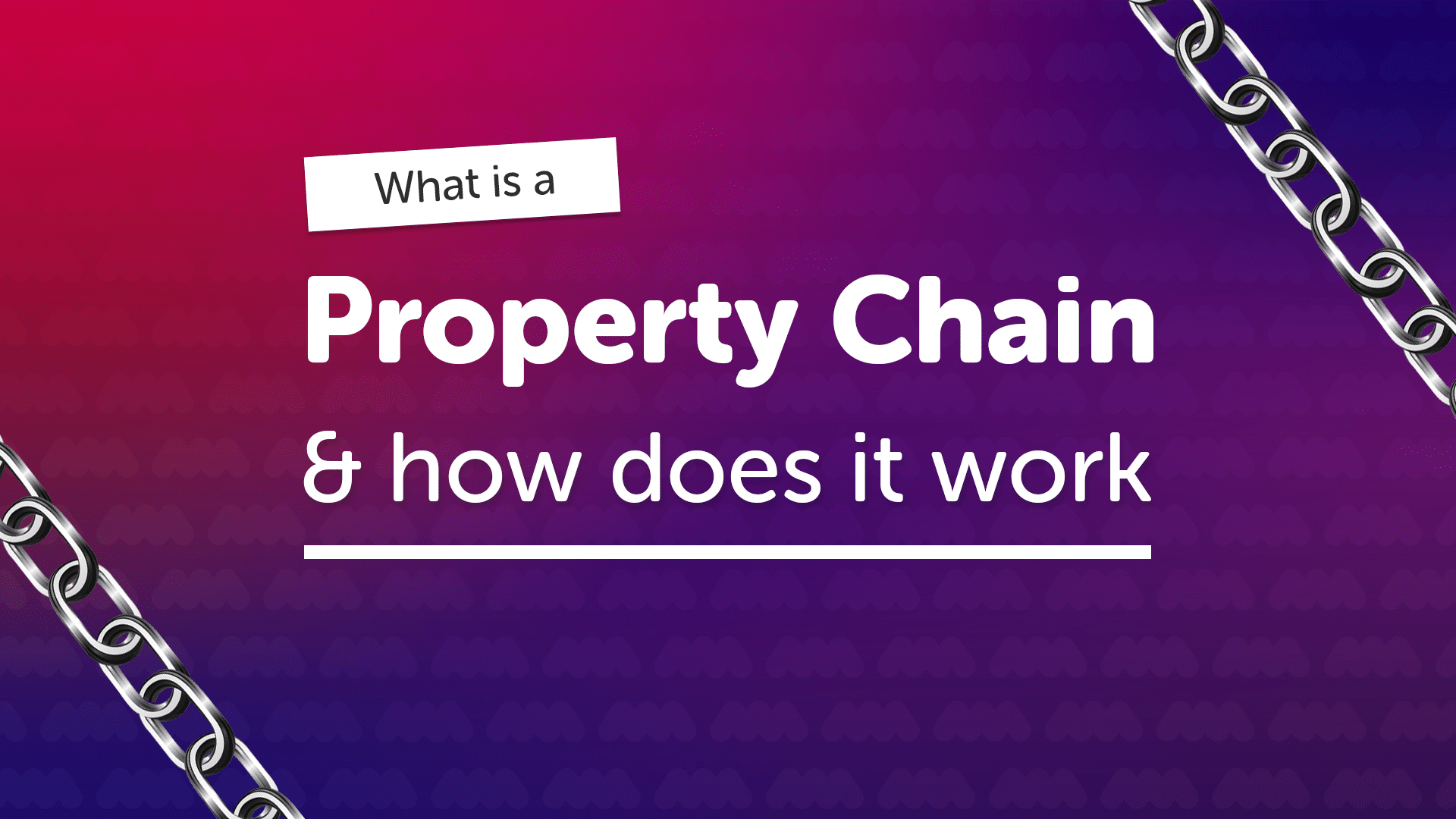Contractor Mortgage Advice in London
At present, there are over a million people in the UK now working in the ‘gig economy’ as contracted workers. Considering this career is technically freelance and they’re working short term contracts, a lot of these people aren’t entitled to many benefits that permanent, full-time employees get like any sick pay or holiday pay.
We’re finding that most of these workers are either operating in some form of professional service, are both skilled and unskilled manual workers (e.g., carpenters, electricians etc.), and due to the increase of internet-based shopping, many are now taking up careers as couriers and delivery drivers.
Unfortunately, gig economy workers will naturally find it a lot more difficult when trying to obtain a mortgage, because the mortgage lenders will be treating them as Self Employed Mortgage applicants.
Increase Your Chance at Mortgage Application Success
For you to increase your chances of having a successful mortgage application, an applicant will need to demonstrate a strong history of employment. One year’s history is probably the minimum that will be required to qualify for a mortgage, unless you have an upcoming contract set to last for quite a long duration. If your contract is due to last a few years with the same company, you may not be seen as self-employed, depending on the lender.
If a lender opts instead to treat a mortgage applicant as a sole trader, then you will need to provide the lender with proof of your net profit. This is the amount that is earned in total, with expenses taken off. For this, you may find that you need the services of an accountant.
If the person applying for the mortgage has set up their own limited company, then the majority of lenders will be making their calculations based on the total of declared salary plus dividends.
Mortgage Lender Flexibility
The way that mortgage lenders are choosing to assess contract workers seems to be a lot more flexible now, likely due to the high number of them currently existing within the economy. If a person has been working this way for a while and currently holds a contract, then depending on the industry, some may have their incomes assessed through their ‘day rate’.
If day rate is assessed, they will take that amount and then times it by 5 and times that total by 46. The reason for this, is lenders know that a Contractor is unlikely to work 52 weeks a year, even if they are not paid for any holidays they take. As such, they work off a 46 week basis. This method of calculating works well for IT contractors especially, as they have the options to choose what contracts they take and when.
Self-Employed Mortgage Advice in London
If an applicant is Self Employed in London, it is advised to be organised as best as you can, collating what is needed in advance prior to applying for a mortgage in the same way that a contractor applicant would. It’s also important to remember that if you are wanting to apply for a mortgage, a potential lender will be wanting to see healthy levels of earnings that are sustainable. As such, you may end up paying a bit more tax.
Regarding the place of zero-hour contracts in all this, it is possible for someone with these who is applying for a mortgage to obtain one too. Once again, a mortgage lender will want to see 12 months’ earnings before it is possible to apply for a mortgage. They will consider taking an average of earnings, rather than a full year.
Date Last Edited: February 7, 2025














